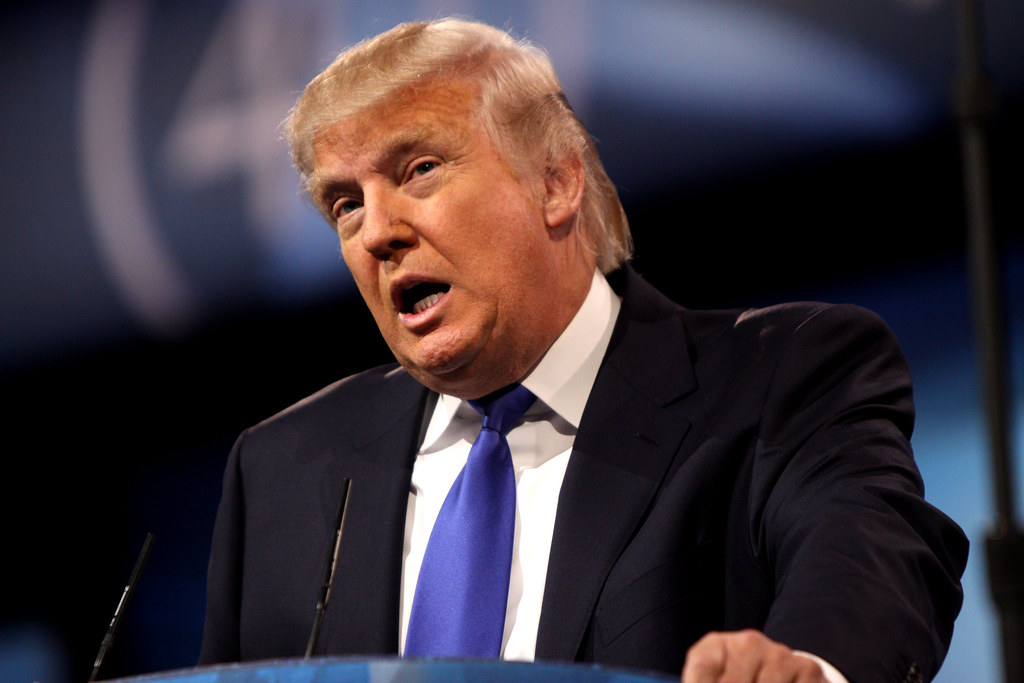Key Takeaways:
- The Trump administration pushed an indictment against former FBI Director James Comey.
- New U.S. Attorney Lindsey Halligan won grand jury approval no one else would touch.
- Joe Scarborough warns that this move opens the door to political prosecutions.
- Future presidents might use the same tactics against their rivals.
- Republicans could regret this strategy if roles ever reverse.
Political Prosecutions Could Backfire on Republicans
The Trump team forced a legal case against James Comey. That case came from Lindsey Halligan, a newly appointed U.S. Attorney. Other lawyers in her office refused to handle it. Yet, because the president ordered it, Halligan went to a grand jury. Now experts warn that political prosecutions could haunt Republican careers.
How the Indictment Unfolded
First, the Justice Department resisted. Then the president stepped in. He told his attorney general to back Halligan’s effort. Suddenly, a case moved forward that had stalled. For many, it felt like a misuse of power. Meanwhile, Halligan’s success left seasoned prosecutors stunned. Now the story has spread, and people are talking about political prosecutions.
Joe Scarborough Raises the Alarm
On a recent morning show, Joe Scarborough spoke in no uncertain terms. He said, “What goes around comes around.” He pointed out that any future president, even one from outside the major parties, could pick up the phone. Then, that leader could call the attorney general and demand arrests of political enemies. Scarborough called it “extraordinarily dangerous.”
Why Political Prosecutions Matter
Political prosecutions happen when leaders use the courts to go after rivals. This breaks the rule of law and the idea of fair trials. Once the door opens, any government could use it. In turn, this trend could end careers and harm reputations without solid evidence. Instead, trials might serve political goals, not justice.
Political Prosecutions and Future Dangers
Moreover, if one party sets this pattern, the other will follow. Therefore, political prosecutions could become a tool in every election cycle. For instance, a billionaire outsider could win and target senators or judges from the opposite party. Then each side would see arrests as routine. In that world, no one would feel safe.
What Comes Next for Lawmakers
Republican lawmakers now face a choice. They can warn against these tactics or embrace them. If they stay quiet, they risk losing credibility. On the other hand, opposing political prosecutions could protect the justice system. In short, silence may invite more abuse of power.
How This Affects Public Trust
When leaders use courts for politics, public trust erodes. Citizens may doubt whether courts serve justice or politics. Consequently, people might lose faith in elections, too. In addition, foreign governments could exploit this divide. Ultimately, our democratic system could weaken.
Steps to Guard Against Misuse
First, lawmakers can pass rules to limit a president’s influence over prosecutions. Second, the Justice Department could adopt stronger ethics policies. Third, courts might review political prosecutions more strictly. By acting now, we can help ensure that no one uses the legal system for revenge.
Lessons from History
History shows that when courts serve politics, chaos follows. In many countries, leaders jailed opponents without real trials. Eventually, their power crumbled. If we ignore these lessons, political prosecutions could become America’s next crisis.
The Call for Unity
At a time of strong divisions, few things unite both parties. However, protecting the justice system may be one. As Joe Scarborough argued, the danger cuts both ways. Republicans, Democrats, and independents all have a stake in fair courts. By rejecting political prosecutions, they can defend democracy together.
Moving Forward
In the end, America must decide how to handle power. Do we let leaders use courts as weapons? Or do we keep justice free from politics? This moment will shape our nation’s future. If we act wisely, we can stop political prosecutions before they take root.
FAQs
What are political prosecutions?
Political prosecutions occur when leaders use the justice system to target opponents rather than pursue genuine crimes. They rely on power, not legal merit.
Why did the Trump administration push an indictment against James Comey?
The administration wanted to demonstrate strength and show that no official stands above the president. It also sent a message to critics.
Who is Lindsey Halligan?
Lindsey Halligan is the new U.S. Attorney who won grand jury approval for the case when no one else in her office would handle it.
How can we prevent political prosecutions?
Lawmakers can tighten rules limiting presidential control over prosecutions. The Justice Department can adopt stricter ethics guidelines, and courts can demand higher proof in politically charged cases.
